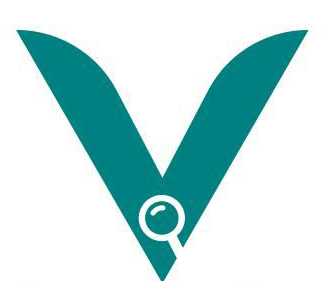Job Description
Job Summary
The Inventory Manager is responsible for overseeing all aspects of inventory management within the hospital setting. This role involves monitoring stock levels, managing procurement and storage of medical supplies, and ensuring efficient distribution of inventory items critical to patient care. The ideal candidate will maintain accurate inventory records, analyze stock movements, and implement strategies to optimize inventory turnover while minimizing stockouts and excess inventory.
Key Responsibilities
1. Inventory Control
· Monitor and control inventory levels by tracking stock movements and conducting regular stock counts to ensure accuracy.
· Receive, inspect, and record incoming inventory shipments, verifying quantities and quality against purchase orders, particularly for medical supplies and equipment.
· Implement inventory tagging systems (e.g., barcodes, QR codes or RFID) to enhance tracking accuracy and streamline check-in/check-out processes.
2. Data Management
· Update inventory databases and systems to reflect stock transactions, maintaining up-to-date records.
· Generate comprehensive inventory reports, including stock levels and turnover ratios, to assess performance.
3. Demand Analysis
· Analyze demand patterns and usage forecasts to anticipate inventory requirements for medical supplies and set reorder points.
· Collaborate with procurement teams to place orders for replenishment stock, ensuring timely delivery of essential items.
4. Stock Management
· Manage stock rotation and monitor expiry dates for perishable medical goods to minimize waste.
· Implement inventory control measures such as FIFO (first-in, first-out) or LIFO (last-in, first-out) as appropriate for hospital supplies.
5. Auditing and Compliance
· Conduct regular audits to reconcile physical counts with inventory records and investigate discrepancies.
· Ensure compliance with healthcare regulations regarding inventory management practices.
6. Collaboration
· Work closely with pharmacy, nursing, logistics, procurement, operations, accounts, compliance and all other relevant teams to optimize purchase, storage, handling, and distribution of medical inventory items.
· Develop relationships with suppliers of medical products and negotiate terms to ensure reliable supply chains.
7. Training and Development
· Train and supervise inventory staff on best practices in inventory management specific to healthcare settings.
· Stay updated on industry trends and best practices in hospital inventory management.
Requirements
Educational Qualifications:
· Bachelor’s degree in Business Administration, Logistics, Supply Chain Management, or a related field (required). Certification in inventory management is a plus.
· Certifications as an International Inventory and Warehouse Manager (CIIWM) or Certified Purchasing & Inventory Management Professionals (CPIMP); preferable.
Experience:
· Minimum of 5 years of proven experience in inventory management or warehouse operations within a hospital or healthcare environment.
· Experience in using inventory software.
· Inventory tagging is; required.
· Experience in the healthcare or retail space is an added advantage.
Required Skills
1. Strong analytical and numerical skills for data analysis related to medical supplies.
2. Proficiency in inventory management software and Microsoft Office Suite (Excel).
3. Excellent organizational and time management skills.
4. Attention to detail in record-keeping and data entry specific to healthcare supplies.
5. Effective communication skills for collaboration with clinical teams.
6. Problem-solving abilities to address discrepancies effectively.
7. Knowledge of inventory control principles such as FIFO and LIFO as applied in a hospital setting.
Commitment to continuous improvement in processes related to patient care supplies.
Salary
Competitive
Monthly based
Location
Kurmin Musa, Kaduna State, Nigeria
Kurmin Musa, Kaduna State, Nigeria

